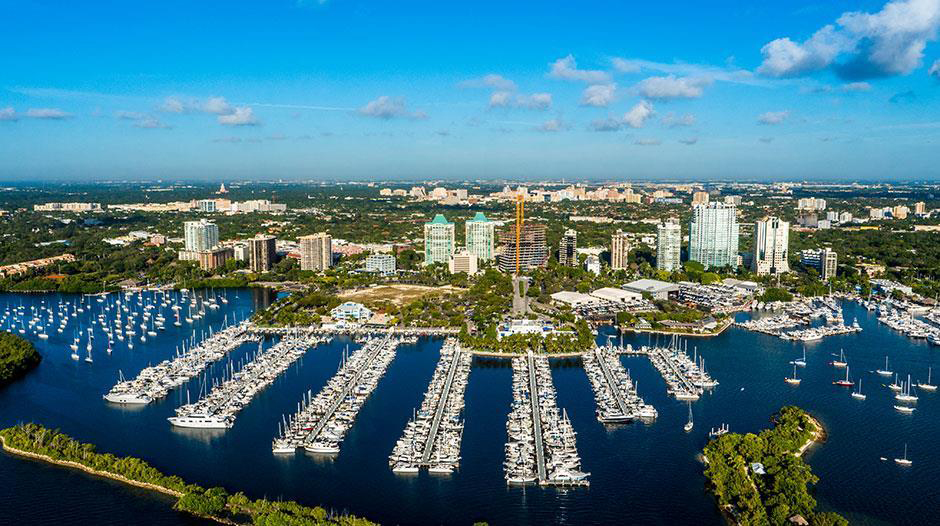 Travellers have booked fewer hotel rooms in downtown Miami, and leisure airfares to the greater Miami area have inched down in the weeks since the Zika virus was detected there, data reviewed by Reuters shows.
Travellers have booked fewer hotel rooms in downtown Miami, and leisure airfares to the greater Miami area have inched down in the weeks since the Zika virus was detected there, data reviewed by Reuters shows.
Hotels sold 2.9 percent fewer rooms in Miami’s central business district and northern neighborhoods during the first three weeks of August than they did a year earlier in the same period, according to hotel data and analytics firm STR.
That area includes the Wynwood arts district where on July 29 Florida officials said they confirmed cases of people who contracted the virus, marking the first transmissions by mosquitoes in the continental United States.
The decline in hotel bookings may be an early indication of the virus’s effect on Miami’s robust tourism industry, which had an economic impact of US$24.4 billion in 2015, according to the Greater Miami Convention and Visitor Bureau.
The drop in the number of hotel room sales for the downtown and north Miami areas is a departure from largely uninterrupted growth in bookings there at least since 2010. From January 2016 through July, hotel stays by paying travellers were up 1.2 percent from a year ago, according to STR data. But for the latest week ended August 20, the number of hotel rooms sold was down 4.2 percent compared to a year earlier.
Jan Freitag, senior vice president of lodging insights at STR, said the decline was not due to abnormally strong numbers the year before, and could reflect the impact of Zika virus concerns.
“We don’t know enough yet,” Freitag told Reuters, saying he would like to see up to two months of data, and monitor traffic to Miami from Europe and Brazil, both major sources of visitors to South Florida.
“Zika is not only a serious threat to public health. It has the potential to be an equally serious threat to a community’s economy,” said travel industry analyst Henry Harteveldt, adding that worries about the virus likely contributed to the decline in Miami.

